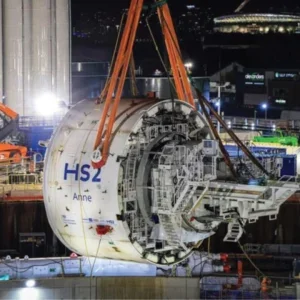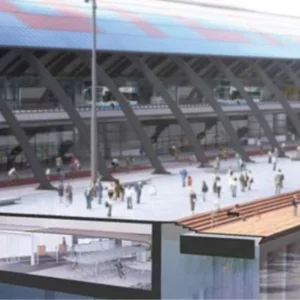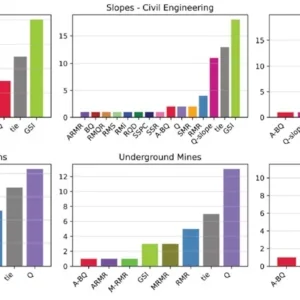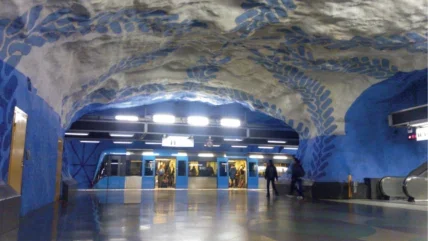
Stockholm is known as the ‘Venice of the North’ and is set to host many of those working in developing and operating underground space infrastructure at the latest edition of the World Tunnel Congress (WTC).
WTC 2025 is organised by Svenska Bergteknikforeningen (Swedish Rock Engineering Association) and the International Tunnelling and Underground Space Association (ITA-AITES), respectively.
A training course (9-10 May) precedes the main conference and exhibition (12-14 May), followed by a menu of technical tours (15 May).

TRAINING
A two-day training course has been prepared by ITACET to offer a variety of interesting areas of focus under the umbrella theme of ‘Managing Risks, Sustainability, and Innovation’. The course is taught by industry leaders with a numbers of planned half-day sessions over the two days of the course:
DAY 1 (9 MAY)
Session 1: Risk Management
- Looking at geological and hydrogeological uncertainties; risk management approaches and assessment; case studies in conventional tunnelling; and, reference documents for contractual management
Session 2: Sustainable Underground
- Impacts of tunnelling; carbon footprint evaluation and emission reduction options; managing groundwater and spoil; and, ways to minimising environmental impact when rock fracture grouting
DAY 2 (10 MAY)
Session 3: Difficult ground
- Progressive Project Design; investigating difficult ground and choosing tunnelling method; using BIM to help handle uncertainties; and, monitoring and asset management
Session 4: Smart technologies and innovation
- Smart systems and monitoring; worksite management tools (safety, production efficiency and traffic awareness); structural inspections and robotics; and, AI for design and construction
Round Table: The future of tunnelling
The course can be taken by itself or with other elements of WTC 2025.
CONFERENCE & ‘THINK TANK’
This WTC has introduced the ‘Think Tank’ sessions, to discuss: Environmental Impact; Technical Development; and, Tunnelling without injuries.
Each session will have a dedicate half-day over 12-14 May. They are to be held in the mornings and then followed up in the afternoons, where workshops then pass findings to ITA General Assembly.
The Technical Development session is to discuss education, asking what is required of universities and industry.
Introduction of the Think Tank sessions now schedules the Technical Programme to the afternoons only of the first two days (12-13 May). On the last day (14 May) the Think Tank session will run in parallel to the Technical Programme.
TECHNICAL PROGRAMME
The Technical Programme runs over the afternoons of 12-13 May, and all day 14 May, as follows:
DAY 1 (12 MAY)
Afternoon
- Track 1: Impact from climate change
- Track 2: Use of underground space
- Track 3: Investigations and ground characterisation in hard rock
- Track 4: Planning and design of underground space in soft ground
Break
- Track 1: Innovative tunnelling 1
- Track 2: Contractual aspects, financing and risk management
- Track 3: Investigations and ground characterisation in soft ground
- Track 4: Planning and design of underground space, case studies in hard rock
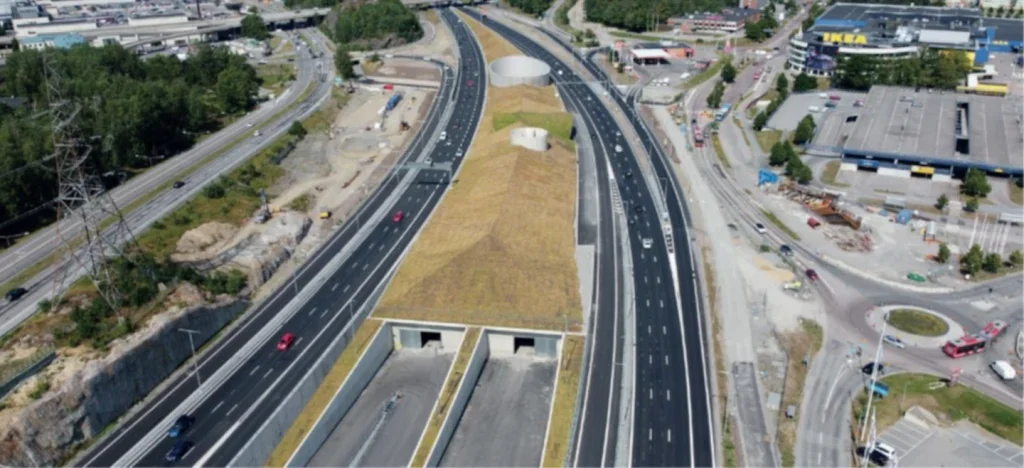
DAY 2 (13 MAY)
Afternoon
- Track 1: Innovative tunnelling 2
- Track 2: Conventional tunnelling 1 – case studies
- Track 3: Mechanised tunnelling 1 – case studies
- Track 4: Planning and design of underground space, case studies in soft ground
Break
- Track 1: Innovative tunnelling 3
- Track 2: Conventional tunnelling 2 – large or shallow tunnels
- Track 3: Mechanised tunnelling 2 – geological challenges
- Track 4: Planning and design of underground space – challenges, risks and redesign
DAY 3 (14 MAY)
Morning
- Track 1: Complex geometries including shafts and ramps 1
- Track 2: Conventional tunnelling 3 – sprayed concrete
- Track 3: Mechanised tunnelling 3 – hard rock TBM tunnelling
- Track 4: Instrumentation & Monitoring 1
Break
- Track 1: Complex geometries including shafts and ramps 2
- Track 2: Conventional tunnelling 4 -ground support
- Track 3: Mechanised tunnelling 4 – sustainable & new technologies
- Track 4: Instrumentation & Monitoring 2
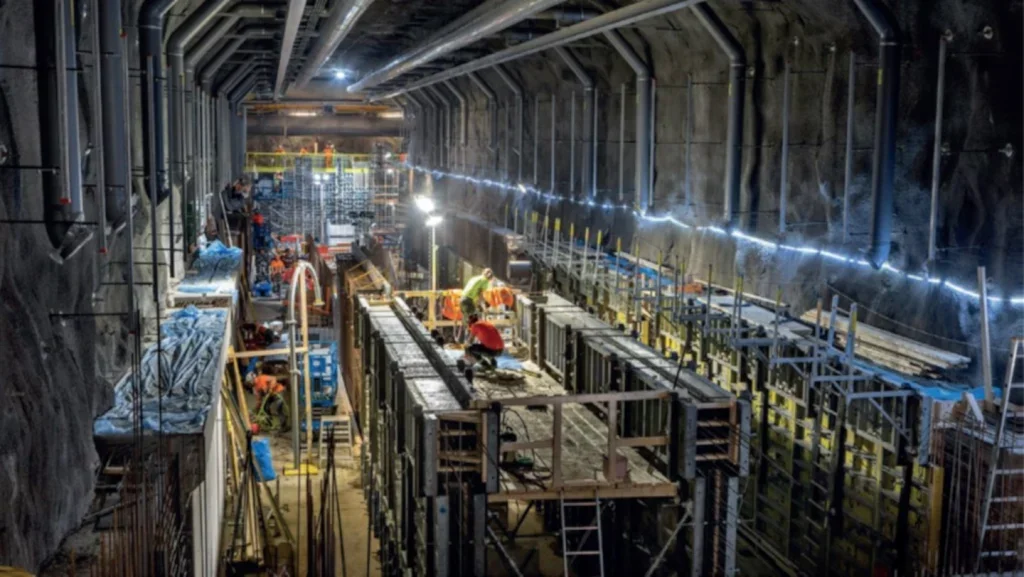
Lunch
Afternoon
- Track 1: Safety underground – emergency management
- Track 2: Grouting and groundwater control 1
- Track 3: Mechanised tunnelling 5 – testing and characterisation
- Track 4: Operation, Inspection & Monitoring 1
Break
- Track 1: Safety underground – H&S, new approaches
- Track 2: Grouting and groundwater control 2
- Track 3: Mechanised tunnelling 6 – urban TBM tunnelling
- Track 4: Operation, Inspection & Monitoring 2 – renewal & refurb
TECHNICAL TOURS
Optional technical tours are available to project sites and underground locations. They run in parallel on a single day, immediately after the main conference is over. Choose one from:
- E4 Stockholm Bypass
- Sewage treatment tunnels, Stockholm
- Dannemora historical mine
- Stockholm metro’s expansion works
- Epiroc’s test mine, in Sickla, Stockholm
- Epiroc’s Orebro factory and Kvarntorp test mine
- Guided tour of geology in Stockholm
- Nobel/dynamite historical visit
Pick (for a small fee) when registering for WTC 2025.



